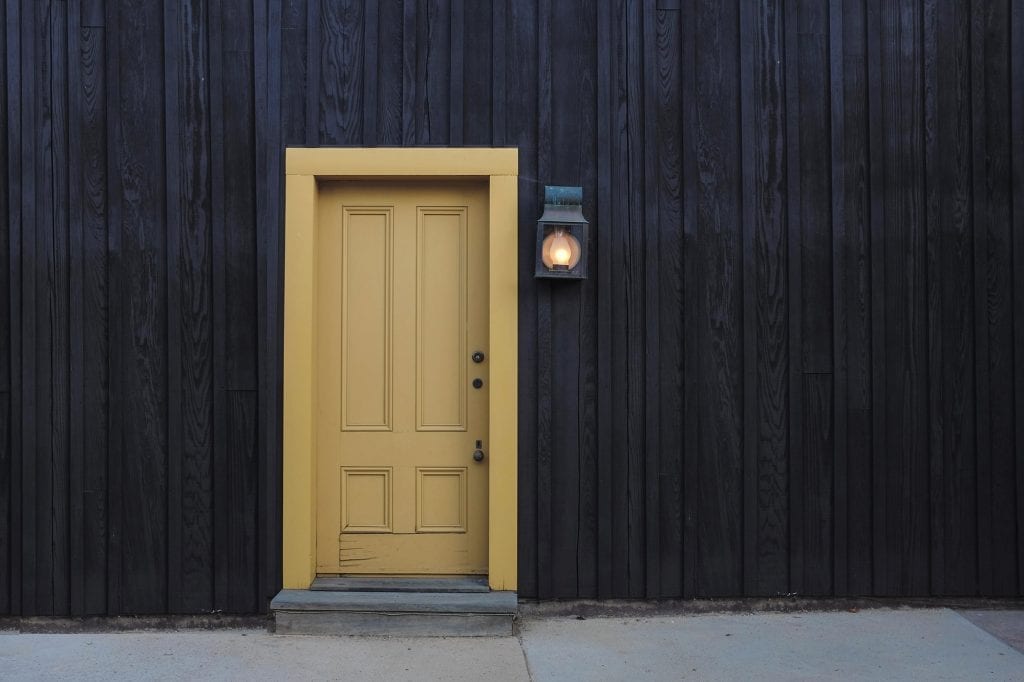- browse by category
- Audit Assistance
- Business and Taxes
- Celebrities in Tax Debt
- Cryptocurrency Taxes
- Economic News
- Foreign Banking
- Innocent Spouse
- IRS debt settlement
- IRS Headlines
- IRS Wage Garnishment
- Marriage & Divorce
- Payroll Tax
- Retirement
- Revenue Officers
- State Tax Headlines
- Stop IRS Debt
- Success Stories
- Tax and Politics
- Tax Attorney
- Tax Codes
- Tax Debt Help
- Tax Evasion
- Tax Levy
- Tax Lien
- Tax Payment Plans
- Tax Return Filing
- Tax Tips

When the Tax Cuts and Jobs Act passed in December, much of the analysis and concern surrounded the large tax cuts to the wealthy and the small cuts to the middle and lower class. However, the tax plan will change more than your paycheck and how you file taxes; it may also affect whether you rent or buy a home. How exactly? We unpack the math below.
Standard and Itemized Deductions
A large difference in how you file taxes in the future has to do with deductions; the tax plan raised the standard deduction to $12,000 for individuals and $24,000 for couples, in addition to the limitation of many tax deductions long-coveted by homeowners. There is a $10,000 cap on the state and local deduction, plus a $750,000 limit on loan principle for the mortgage interest deduction.
The Eliminated Advantage
Although these limitations may present worry, homeowners should still pay less in taxes overall. So what’s the difference with the new tax plan? Taxpayers will no longer have to own a home to reap the tax benefits enjoyed by homeowners. Millions of Americans will most likely forego buying a home simply because there is no longer the stronger tax advantage.
So, Rent or Buy?
Calculated by income, there is a breakeven amount; a monthly rent above this number means it would make more sense to buy. If you’re a middle class family with an income of $50,000, you will likely take the standard deduction regardless, so depending on your other circumstances, these changes might not affect your choice. For upper middle class families making above $75,000, you may be tempted to stick with or transition to renting. Under the old tax law, renting would have made sense up to about $890, but now it’s more advantageous up to $1,000. For families that make $300,000, the breakeven climbs even more from $2,700 to $3,600.
These figures don’t mean the already very large group of renters will grow exponentially – rather it may sway those somewhere in the middle. Renters that are happy with their current home will likely stay, while those that wanted to buy to avoid inflation will likely still buy homes. Some experts predict the demand for single family homes will still increase, meaning becoming a rental property owner could be a smart move, whether you rent or buy yourself.
If in doubt, consult your tax professional to decipher what makes the most sense for your financial situation.
Leave Comments

Top Tax
secrets revealed
Sign up for our newsletter and be the first to find out when exciting IRS news happens. Yes, exciting. We're really into taxes.


